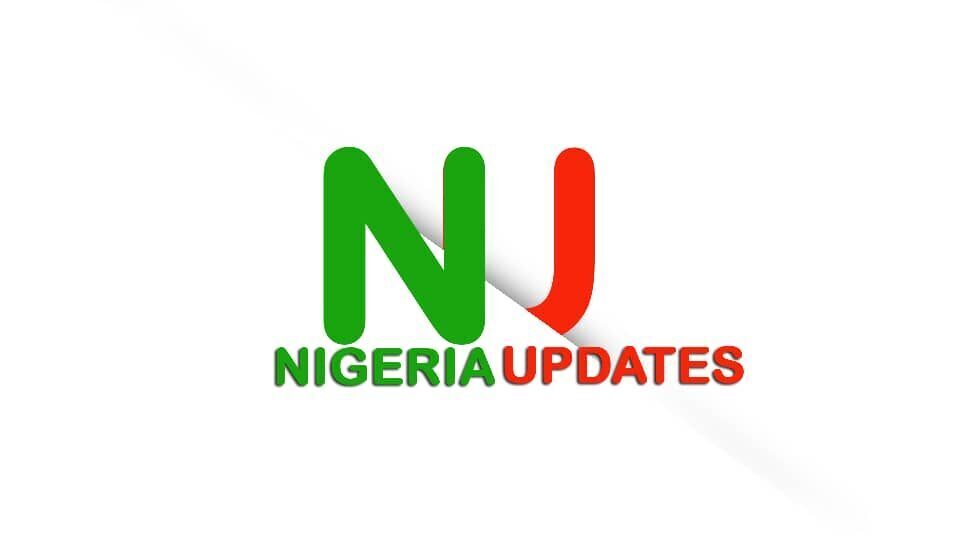The Nigeria Customs Service (NCS) has unveiled a comprehensive handbook designed to streamline import and export procedures for renewable energy equipment, strengthening its collaboration with the European Union (EU), the German government, and the Deutsche Gesellschaft für Internationale Zusammenarbeit (GIZ).
At a high-level event held on Monday, July 29, 2025, in Abuja, Comptroller-General of Customs, Adewale Adeniyi, described the publication as a “living document” that addresses classification and clearance challenges often faced in the clean energy sector.

“With Nigeria’s increasing investment in renewable energy infrastructure, Customs has a responsibility to ensure that legitimate trade in this sector is facilitated efficiently and securely,” Adeniyi said.
The handbook outlines detailed procedures on tariffs, exemptions, valuation, and documentation for solar panels, batteries, inverters, wind turbines, and other energy-saving components. It also aligns with Nigeria’s Energy Transition Plan (ETP), which aims for net-zero emissions by 2060 while increasing energy access for underserved communities.
“This is more than a Customs document; it’s a strategic tool for economic transformation,” Adeniyi added. “It will be updated regularly in line with technological advancements, global practices, and Nigeria’s policy direction.”
He commended the EU, German Embassy, and GIZ for their technical and financial support, calling the partnership a “model of institutional synergy that benefits both trade and the environment.”
International Partners Laud Customs’ Green Reforms
Representatives from the EU and German government welcomed the initiative, hailing it as a key driver for sustainable development and gender inclusivity in public institutions.
“We are especially encouraged by the rising involvement of women in the Nigeria Customs Service, a sign of inclusiveness that strengthens institutional resilience,” said Inga Stefanowicz, Head of the Green and Digital Economy at the EU Delegation to Nigeria.

Karin Jansen, Head of Cooperation at the German Embassy, reaffirmed her country’s commitment to deepening green energy ties with Nigeria through policy and trade facilitation.
Marcus Wagner, Country Director of GIZ Nigeria and ECOWAS, praised the Customs boss for his visionary leadership and congratulated him on his recent election as Chairperson of the World Customs Organisation (WCO) Council.
“That appointment is not only a personal achievement but a global recognition of Nigeria’s growing leadership in Customs modernisation and reform,” Wagner noted.
Handbook to Accelerate Green Trade Across Borders
The renewable energy handbook is expected to serve as a critical resource for Customs officers, renewable energy firms, freight forwarders, and regulators. It demystifies the clearance process and facilitates transparent, efficient cross-border movement of clean energy goods.
The initiative supports global frameworks such as the Paris Agreement and the African Continental Free Trade Area (AfCFTA), positioning Nigeria as a green trade hub in West Africa.
As the country pivots towards a cleaner, more inclusive economy, this document represents a significant leap toward reducing bureaucratic bottlenecks and advancing sustainable logistics.

 Tourism6 days ago
Tourism6 days ago
 Education5 days ago
Education5 days ago
 Entertainment5 days ago
Entertainment5 days ago
 Maritime6 days ago
Maritime6 days ago
 Nigeria News6 days ago
Nigeria News6 days ago
 Metro6 days ago
Metro6 days ago
 Nigeria News7 days ago
Nigeria News7 days ago
 Africa News2 days ago
Africa News2 days ago
























